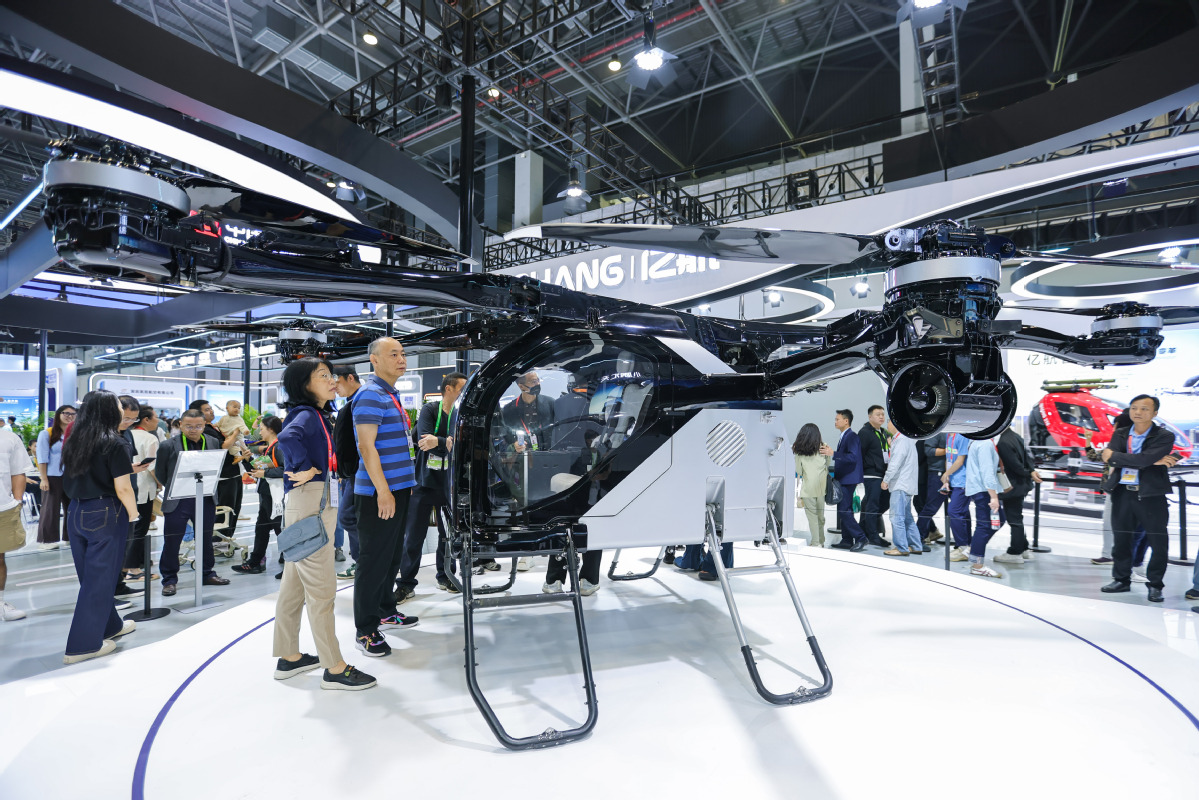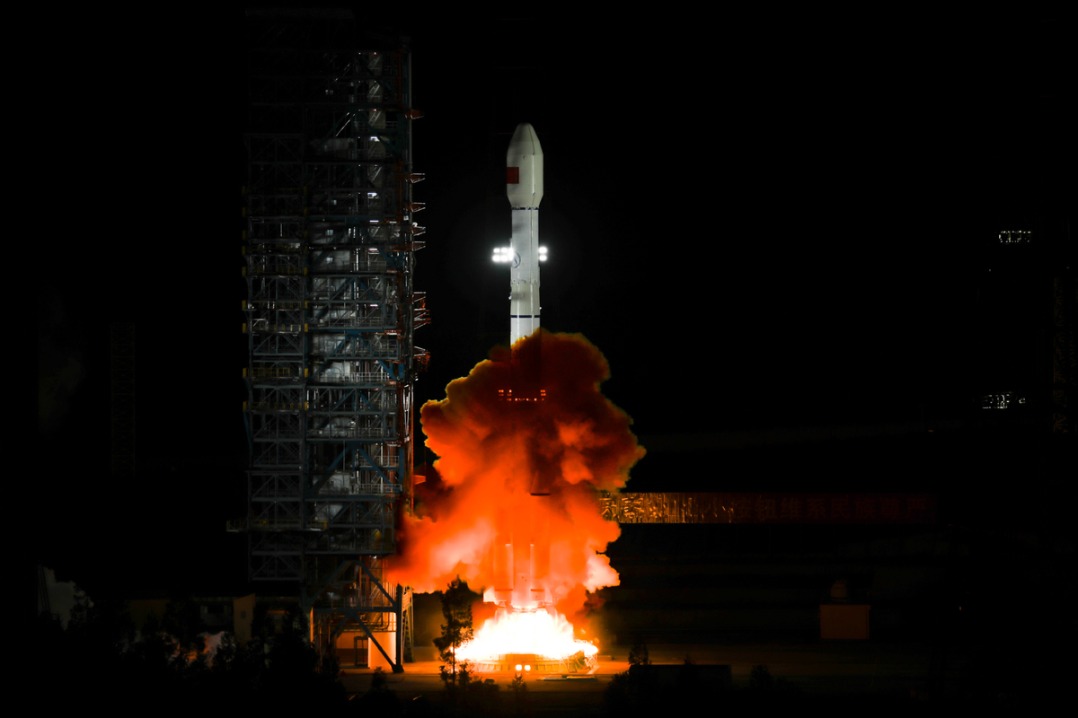Enterprises eye China's huge consumer market
Thriving sectors such as low-altitude economy and new energy vehicles propelling industries to stand out on global stage, unlocking consumption possibilities


As a high-end massage chair brand that has participated in the expo for five consecutive years, OSIM is among those benefiting from these policies.
"The Ministry of Commerce, in conjunction with the National Health Commission, has issued a special action plan to boost consumption in the healthcare sector and introduce various measures around healthy eating, fitness, elderly care services and more, to further integrate the health and wellness industry with consumer markets.
"This has presented opportunities for many international brands. OSIM will continue to follow China's health trends, focusing on the key health aspect of 'sleep' and unveil products like massage chairs," said Yang.
Waleed Abumazen, founder and CEO of Singapore-based company Orient Crown which specializes in watch winders and customized safe boxes, expressed his intent to explore more market opportunities and potential partnerships in China.
"There's still significant consumer demand here in China and ongoing opportunities in the country. I particularly recommend mid-sized businesses to consider expanding into the Chinese market," he said.
Zhang Beier, China wholesale manager of British tea brand Whittard of Chelsea that has entered numerous high-end supermarkets and which plans to enter duty-free channels this month, also expressed confidence in the Chinese market.
He praised the positive market environment in China and highlighted the brand's efforts at expansion in the market.
Sui Jiangkun, China regional manager for British ceramics brand Steelite, noted the high levels of consumer spending and acceptance of new products in China, expressing the brand's aspirations for further development in the country.
In the Government Work Report delivered in March, boosting consumption was listed as a top priority among this year's tasks.
As part of the country's efforts to boost domestic demand, the Ministry of Commerce, together with five other departments, launched the "Shopping in China" campaign at the opening of the consumer expo to help stimulate domestic consumption, and various kinds of events are planned to be carried out nationwide.
The Ministry of Commerce is encouraging local governments to hold debut performances, exhibitions, and distinctive events in various forms and formats. For shopping, key pedestrian streets, commercial complexes, shopping malls, supermarkets and outlets have been encouraged to launch promotions and high-quality new products, according to a document on organizing the "Shopping in China" series of events.
In addition, various provinces and cities are being encouraged to hold activities such as food markets, culinary exchanges and expos of food ingredients, as well as launch high-quality tourist routes and travel consumption guides, organize cultural performances, high-level sports events and museum exhibitions, the guideline said.
China's consumption market has seen steady growth.
In the first quarter, total retail sales of consumer goods in China reached 12.47 trillion yuan, up 4.6 percent year-on-year. The catering revenue came in at 1.4 trillion yuan, growing 4.7 percent on a yearly basis, said the National Bureau of Statistics.
Foreign companies are optimistic about the Chinese market, and domestic enterprises are strengthening their operations in China, tapping into new growth points within the vast domestic consumption market.
Sun Liye, vice-president of United Aircraft, emphasized the emergence of the low-altitude economy as a new growth point following the development of electric vehicles, with the potential of topping the globe in the coming years.
The low-altitude economy, which encompasses economic activities conducted below an airspace of 1,000 meters, including drone logistics, low-altitude tourism, aircraft manufacturing and flight training has been included in top-level policy designs in recent years.
The promotion of the low-altitude economy policies has further ignited enthusiasm for low-altitude flights, propelling rapid growth across the entire industry chain. The Civil Aviation Administration of China has previously forecast that the market size of the nation's low-altitude economy could reach 3.5 trillion yuan by 2035.
Sun said the industry's rapid development has also driven advancements in logistics, emergency rescue, agriculture, and other industries, catering to rapidly varying consumer demand.
























